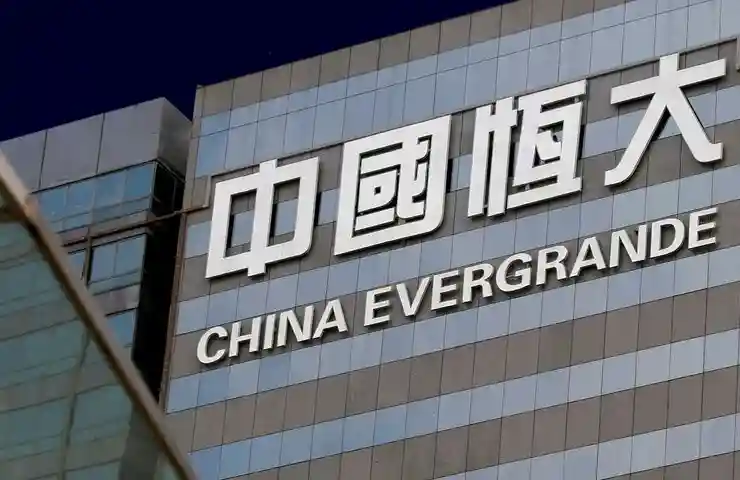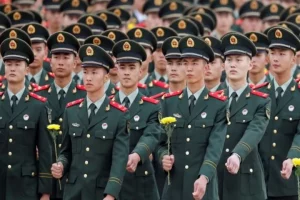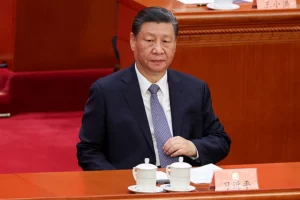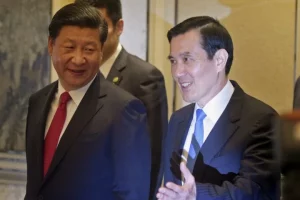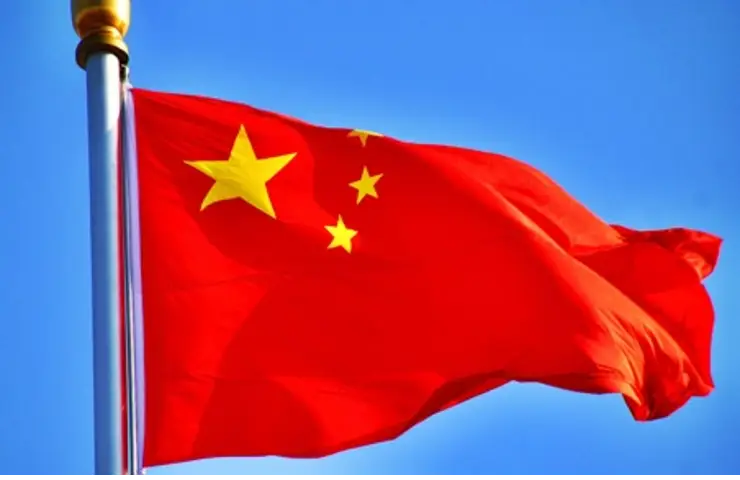The journey of Xu Jiayin or Hui Ka Ya, the promoter of beleaguered Evergrande Group in China is nothing less than the archetypal rugs to riches tales that could have well spun into a blockbuster. Xu, brought up by his grandmother after his mother passed away when he was only a year old, had a humble beginning.
“In school, all I ate was sweet potato and steamed bread,” he said in one of his speeches in 2018.
After completing his education, Xu secured a job at a steel factory in Henan Province.
Born to a poor family in Henan Province, Xu took advantage of China's reform and opening-up policy to become the country's wealthiest man, noted Nikkei Asia in a recent report.
But the ambitious Xu was not satisfied with his ‘run of the mill’ job. In 1992 — also the time when China’s reform process had set in with Deng Xiaoping opening up the economy — he left for Shenzhen.
Also read: Will China throw a lifeline at real estate icon Evergrande to prevent a larger collapse?
The rest, as they say, is history. In 1996 he founded Evergrande Group with an initial employee strength of just eight members.
According to Nikkei Asia, the first project Xu eyed was a plan to redevelop a 110,000-sq.-meter site in Guangzhou in Guangdong Province, that had previously hosted an agrochemical plant. “Surrounded by other plants, the site was not ideal for a residential project. But the terms were favorable, and the seller agreed to let Xu pay in installments,” it said.
The residential project Jinbi Garden took a year to complete. In 1998, it was complete – the time when the Asian crisis had hit. Despite the crisis, Xu managed to pay off the debts as funds came in from home buyers. For Xu, Jinbi Garden put his company Evergrande on the path of growth. In 2009, the company launched its initial public offering on the Honk Kong Stock Exchange. By 2017, Xu became a billionaire and “was China's wealthiest person, thanks to Evergrande's rising share price.”
The company became one of the largest not only in China but across the globe.
Xu, unlike Alibaba Group founder Jack Ma, another self made icon and billionaire, has also always been on the right side of the Chinese Communist Party.
"Everything of Evergrande is given by the Party, the state and the society," he has once said.
While Ma was known for his criticism towards the ruling party and government, Xu has always shown his gratitude to the Chinese government.
Xu’s contribution to society has been noteworthy as well. He built schools in his village, and handed out cash and rice to villagers. In 2010, Xu even bought the Guangzhou football team which was then rechristened Guangzhou Evergrande. World’s top players and coaches were brought in to reboot the struggling football team.
Xu became the darling of the country, an icon for millions.
But is there more than what meets the eye?
Suddenly in 2020, the Chinese Central Bank — People's Bank of China (PBOC), brought in new rules that mandated developers to cap their liability-to-asset ratio to 70 per cent, limit their net debt-to-equity ratio to 100 per cent, and secure more cash than short-term debt, Nikkei Asia noted. By then, Xu and his team were focused on rapid expansion exercising very little caution.
Also read: Xi Jinping's call for 'Common Prosperity' could boomerang
Along with the PBOC norms, Chinese President Xi Jinping called for ‘Common Prosperity.’
This changed Xu’s fate.
“Xu Jiayin’s story mirrors the ups and downs of a changing China, first under Deng and now under Xi. If Xu’s ascent from rural poverty to real estate mogul owes much to the Party, then his downfall has roots in the Party’s u-turn: a rebuke of capitalists, the moneyed class, and the Party officials that helped developers thrive,” SupChina said.
Today as Evergrande finds itself in the middle of a debt trap, Xu, the much loved paragon has fallen from grace. The Chinese real estate sector, a key savings instrument for many citizens, has started to lose sheen. “Naturally Xu is now one of the most hated persons in the country. And as Beijing did not come to Xu’s rescue, the message is loud and clear — that the government will not come to their rescue in case of defaults.
What is even more worrying is that the Chinese real estate sector and its allied services account for about 30 per cent of the country’s gross domestic product (GDP). Besides, according to the latest data, about 29 per cent of all bank loans are directed towards housing.
So, it is not just about Xu and his company.
Beijing’s policies can have far reaching implications for the country’s real estate sector and several other developers too.
China’s real estate companies have come under the spotlight of the rating agencies. “Chinese property developers are suffering credit rating downgrades at the fastest pace in five years as a recent slump in new-home sales adds to concerns about the sector’s debt woes,” BloomberQuint said.






